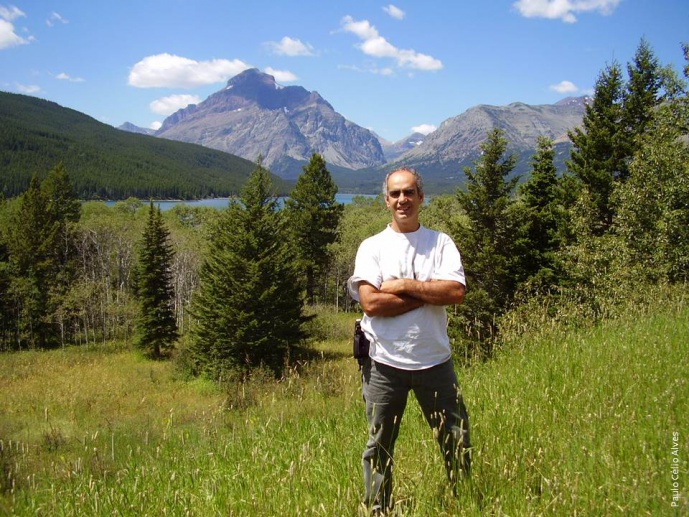Paulo Célio Alves
Associate Professor
I started my research career as an ecologist, working in wild rabbit reproduction and population dynamics. I then shifted from this subject during my PhD and start analysing the reproductive and genetic characteristics of Iberian hares. During this time I combined the ecology with genetics, and have learned how useful molecular tools can be in understanding current and past ecological events. This mood was enhanced in the last year of my thesis, when an unexpected and fantastic result came out: the mitochondrial DNA of the mountain hare, an arctic species currently absent from the Iberian Peninsula, was widespread in all northern hare populations of this region. I had found a ghost of an hybrid past. This work completely changed my view of ecological studies, and drove me to a field that, in my opinion, combine the best of two different worlds: Molecular Ecology.
During the last few years, I have continued this work on hare’s evolutionary biology, and additionally began to develop an interest in the new field of Conservation Genetics, namely by starting to study carnivores. Today, my current primary research interests are the conservation and molecular ecology of Mammals, especially lagomorphs and carnivores. I’m particularly interested in i) evaluating the level of fragmentation and/or connectivity among different populations, namely those ones from endangered or cryptic species ii) assessing the degree of natural or anthropogenic hybridization between a variety of species, mainly the wild and domestic relatives species, like the pairs wildcat/domestic cat, wolf/dog, wildboar/pig; iii) developing and using non-invasive molecular methods for studying rare or elusive animals (e.g. carnivores), and iv) studying the population dynamics and ecology of managed and threatened species, like the hares, the wild rabbit and the wildcat.
